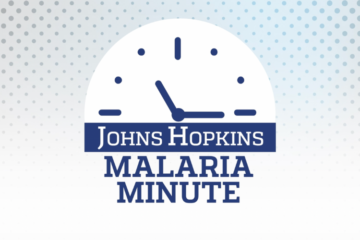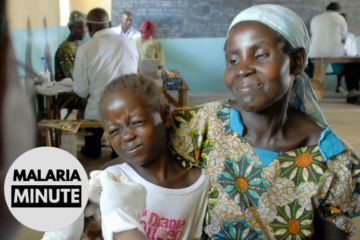The Latest Malaria News, in 60 Seconds.
Harnessing HMBPP metabolites could support vector control, and researchers examine the role of CDPKs in the egress of sporozoites from the liver.
Malaria Minute on iTunes and Spotify
Transcript:
Harnessing an odour produced by the malaria parasite could aid vector control efforts, according to new research. When an individual is infected with malaria, their attractiveness to mosquitoes is enhanced through the release of a metabolite, produced by the malaria parasite, called HMBPP. This ensures the onward transmission of malaria and happens in the gametocyte stage when the parasite is in the form that is infective to mosquitoes taking a blood meal. Combining HMBPP odours with human body odour can, therefore, increase the number of mosquitoes caught by traps, by up to two times, when compared with human body odour alone.
Researchers have examined the role of CDPKs in the egress of sporozoites from the liver, a key stage of the malaria life cycle that remains poorly known. Three CDPKs are required for sporozoite motility, CDPK1, 4 and 5.
Sources:
Image Credits: CDC/ Dr. Mae Melvin [22817]
Scientific Advisor: Elena Gómez-Díaz, Institute of Parasitology and Biomedicine, Spain


